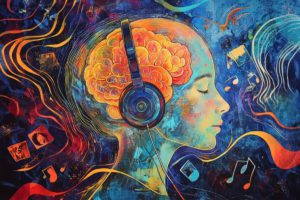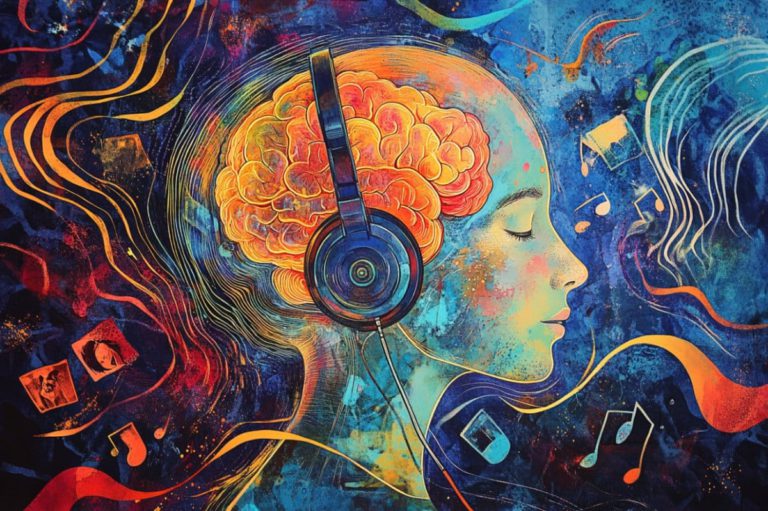In today’s fast-paced and interconnected world, communication skills are no longer optional—they are essential. Whether in professional settings, personal relationships, or digital interactions, the ability to convey thoughts clearly and empathetically sets individuals apart. With workplaces becoming global, technology bridging distances, and collaboration driving innovation, communication has become the glue that holds everything together.
The Role Of Identity In Communication
Communication is not just about words; it’s also about how we present ourselves. From tone of voice to body language to visual representation, identity plays a vital role in how messages are received. Even in the digital age, where face-to-face interactions may be replaced by virtual meetings, the way people express themselves online contributes significantly to communication.
Much like choosing a hidden face dp to reflect personality without revealing everything, people communicate aspects of who they are through subtle signals. These cues, whether visual or verbal, add layers of meaning to conversations and help build trust and connection.
Clear Communication In Legal And Professional Contexts
In fields like law, communication is more than a skill—it’s a lifeline. Lawyers must be able to explain complex legal jargon to clients, negotiate effectively, and present cases persuasively in court. For clients, clear communication ensures they understand their rights, responsibilities, and the possible outcomes of their cases.
Resources such as a lawyer register provide access to professionals who specialize in legal communication, bridging the gap between technical knowledge and public understanding. In this way, communication acts as a safeguard, ensuring transparency, fairness, and trust in professional relationships.
Emotion And Expression In Everyday Life
Communication also thrives on emotion. Whether through spoken words, written messages, or creative expressions, emotions enrich the exchange of ideas and strengthen bonds. Poetry, for instance, has long been used to communicate feelings that transcend simple conversation.
This is reflected in boys attitude shayari, which blends confidence, emotion, and cultural nuance. Such forms of expression highlight how communication is more than conveying facts—it’s also about sharing human experiences, shaping identity, and deepening relationships.
Digital Presence And Professional Growth
In the digital era, communication extends to how businesses and individuals present themselves online. Websites, social platforms, and online content all contribute to first impressions and influence trust. For businesses, a polished digital agency website communicates credibility and professionalism before a single conversation takes place.
Strong online communication not only attracts clients but also builds authority and brand identity. Just as in personal interactions, clarity, design, and tone matter. A poorly designed or confusing website can undermine credibility, while effective digital communication fosters confidence and growth.
Collaboration And Community Building
Good communication is also at the heart of collaboration. Teams thrive when members share ideas openly, resolve conflicts respectfully, and understand each other’s perspectives. Communities, too, are strengthened by effective dialogue that fosters inclusion and mutual respect.
Platforms such as a local tradesmen listing site demonstrate the value of communication in connecting people. By linking homeowners with skilled professionals, these platforms enable collaboration built on trust, clarity, and transparency. Communication is the bridge that ensures both sides understand needs and expectations, leading to successful outcomes.
Why Communication Is More Important Than Ever?
Several modern shifts have elevated the importance of communication skills:
- Globalization: Cross-cultural communication is now the norm. Misunderstandings can derail business or personal relationships.
- Technology: Virtual meetings, emails, and instant messages require clarity without the benefit of tone or body language.
- Complexity: In industries like healthcare, law, and finance, complex information must be simplified for everyday understanding.
- Emotional Well-being: Strong communication reduces conflict, enhances empathy, and promotes healthy relationships.
Each of these factors highlights why communication is no longer a “soft” skill but a fundamental one.

How To Improve Communication Skills?
- Active Listening: Pay attention not just to words but also to tone, body language, and unspoken cues.
- Clarity and Simplicity: Avoid jargon when it isn’t necessary—make your message easy to understand.
- Empathy: Put yourself in the other person’s shoes to better connect with their perspective.
- Feedback: Encourage and give constructive feedback to improve mutual understanding.
- Adaptability: Adjust your communication style depending on the audience and medium.
These habits transform everyday interactions into opportunities for connection and growth.
The Future Of Communication
As technology continues to evolve, communication will adapt along with it. Artificial intelligence, virtual reality, and other digital tools are already changing how we connect. Yet, while the platforms may change, the human need for clear, empathetic, and effective communication will remain constant.
The future will reward those who master not only the technical side of communication but also its emotional and cultural dimensions. Whether in business, law, relationships, or creative fields, communication will remain the foundation of success.
Conclusion
Communication skills matter more than ever because they shape how we connect, collaborate, and succeed in today’s world. From personal identity and emotional expression to professional trust and digital presence, effective communication is the thread that ties together modern life. Just as a display picture, a professional register, or a community platform represents identity and trust, communication reflects who we are and how we interact with others. By mastering this essential skill, we not only improve our relationships but also unlock opportunities for growth, collaboration, and lasting success.









